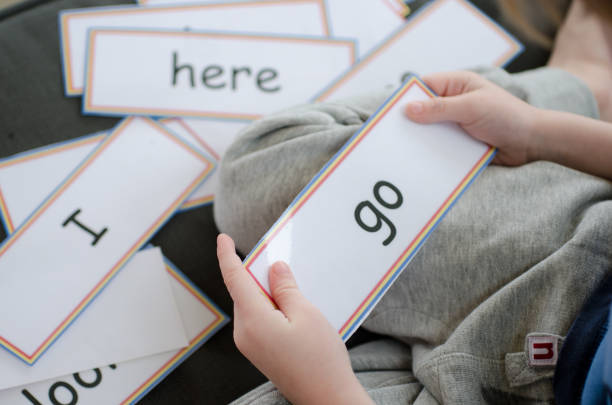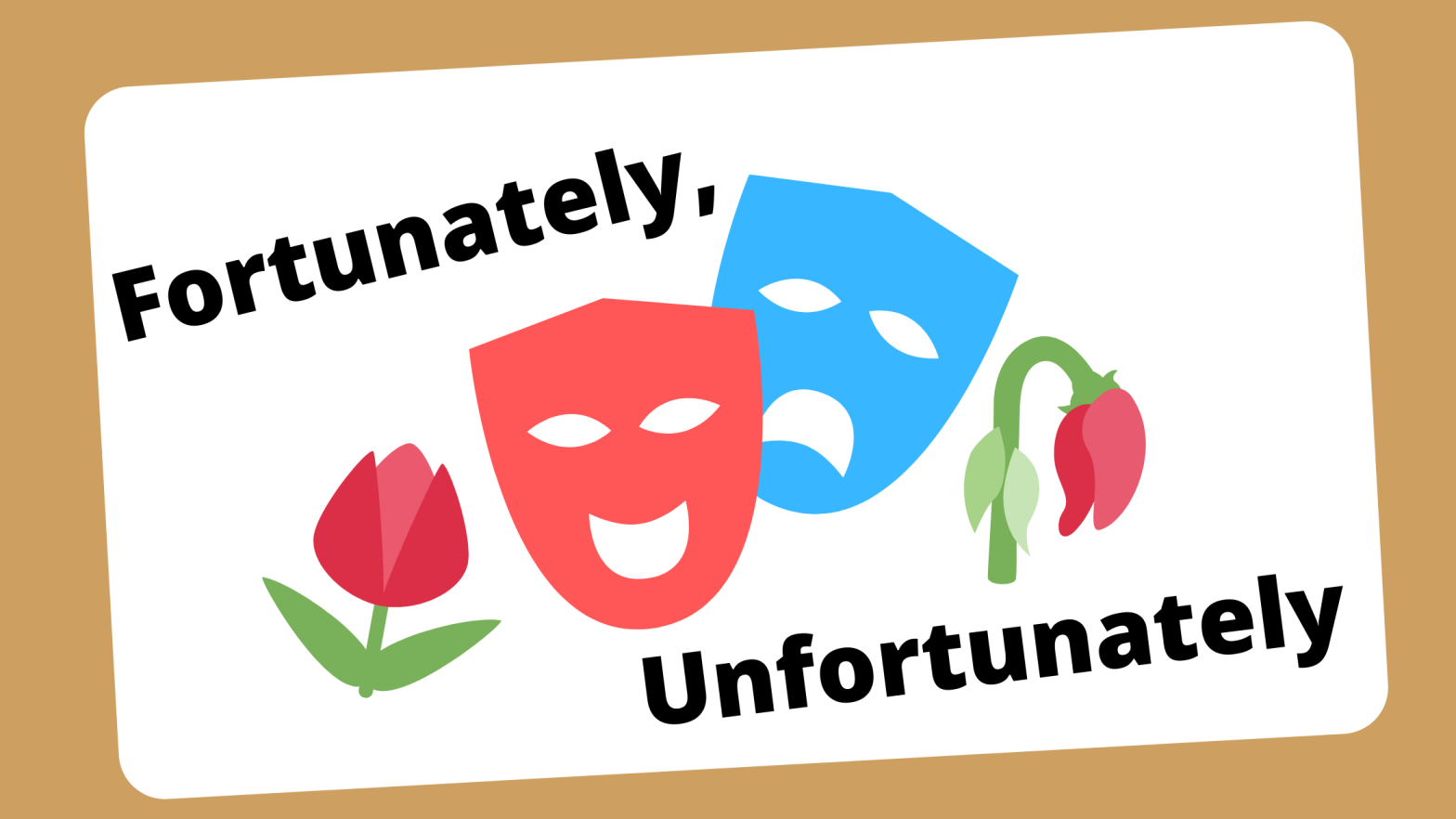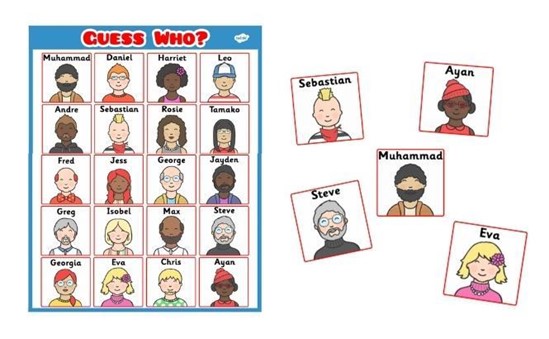
A one-to-one and a small class can make students feel like they always have your attention. So creating a relaxed classroom atmosphere is important. Playing games can help your students relax and speak up more plus it also can increase their learning motivation.
We have gathered interesting speaking game ideas for you so that you can spice up your one-to-one or small classes and deliver fun and educational lessons.
1. The Adjective Name Game

In this game, students come up with adjectives to describe themselves that include the first letter of their name. For example, ‘I’m clever Chloe’. Then the next person has to remember what their friends said, and add their own: ‘She’s clever Chloe and I’m brave Billy’, ‘She’s clever Chloe, he’s brave Billy and I’m lively Lilly’.
If it’s a one-to-one class, you can take turns with your student and see who runs out of adjectives first.
2. Flashcard Storytelling Game

You need sets of various flashcards on different topics. Let the students choose one flashcard and give them a time limit to come up with their stories about the item on the flashcard. Once the time is up, they have to tell you the story.
To make it more challenging, you can flip over the flashcards so students can’t see what items they will get to encourage fast, initiative ideas.
3. What’s the Question? Game

Start the game by asking your students to write some answers down on a piece of paper. These could be some random words like ‘strawberries’, ‘fire fighter’, ‘New York’ or short phrases like ‘reading books’, ‘running a marathon’. Put all the answers in a bowl and let the students draw one up.
Once they have an answer, they have to think “What’s the Question?” of that answer. For example ‘what’s your favourite fruit?’, ‘what do you like to do in your free time?’, ‘where is your dream destination?’
4. Conversation Starter Dice Game

Use a conversation starter dice as a starting point for different topics. You can make your own dice from a template and let students think about the topics and write them down on each side of a dice.
The questions can be ‘What do you want to be when you grow up?’. ‘What would you do if you could be invisible for the day?’, ‘What is your favourite storybook?’. Or you can use pre-designed conversation dice.
5. Two Truths and a Lie Game

This is a great game to play in small classes and requires very little preparation. Your students will have a chance to get to know each other better during this game too.
You can start by asking the students to come up with three sentences about themselves – two of them are true statements and one of them is a lie, make sure they also have some backup stories of each statement.
Then let the rest of the class ask them a series of questions about the statements they have said. After that, they need to guess which one is the lie.
These will help your students practice conversational skills from both asking and answering questions.
6. Fortunately, Unfortunately Game

Simple but fun. There are no materials needed and it can be played by just two people. First-person starts a sentence with “Fortunately,…’ and the second person has to begin the sentence with ‘Unfortunately…’ and carry on.
If there are only you and your student, just take turns. E.g. ‘Fortunately, it was Sunday and I could get up late.’ ‘Unfortunately, my brother woke me up at 7 in the morning with a loud noise.’ ‘Fortunately, it was the sound of his new video game and he asked me to play with him’….
This game will help your students improve not only their speaking skills but also their creative thinking skills.
7. Guess Who? Game

Another classic game, perfect for just two players. What you need is a board of all characters and the character cards. You pick a character card and your students have to guess who is on your card by asking yes/no questions on their appearance, they can cross off characters whose appearance does not fit the answers.
Tip: laminate your character board so your students can use a whiteboard marker to cross then easy to erase later.
You can spice up your character board by using your students’ favourite cartoon characters or celebrities.
Conclusion
These are the ideas of fun games that can encourage your students to speak up more in the class and brighten your lessons. Try them out with your one-to-one or small classes and see which ones become your students’ favourites!
